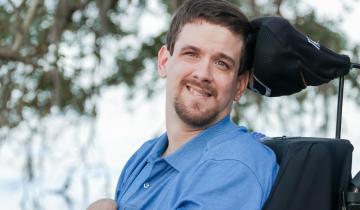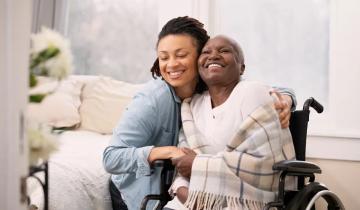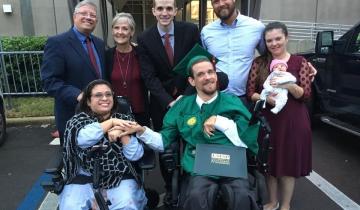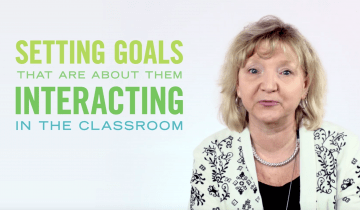This research studied falls in ambulatory children and adults with CP specifically asking how often they’ve fallen, fall-related injuries experienced, circumstances around the fall, the level of fear or concern about future falls, and the extent to which they do or don’t avoid certain activities due to their concern about falling. This study sets a strong foundation for future fall research, quantifying the breadth and depth of the problem across a large spectrum of age and walking ability.
Powered mobility can offer users young and old a level of freedom and independence that may not be achieved through manual wheelchairs or other mobility devices.

Vocational Rehabilitation (VR), operated by the Department of Education, can be utilized for their many tools to aid those with disabilities in the preparation for the job search, finding gainful employment, and maintaining this employment.

Personal Care Attendants for adults with cerebral palsy and other disabilities provide a variety of essential functions that ensure safety, health, wellbeing and overall impact quality of life.

Author David Stoner provides insight into his experience with Personal Care Attendants through the years as his needs and his family's needs have changed.

Dating can be scary, all of the questions that go through your head before a first date can often be overwhelming. What do I wear? What do we talk about? Does my breath stink? These are common concerns before any normal date. My brain was wrapping itself around the idea that this was my FIRST DATE EVER.

When you're looking at setting goals for kids with complex communication needs, don't forget about setting goals that are about them interacting in the classroom. It's not just about punching buttons. It's not just about saying vocabulary words. It's about talking with people and showing who you are. Some specific goals that you can look at are in four areas. Educational goals, social goals, inclusion goals, and goals and independence.

